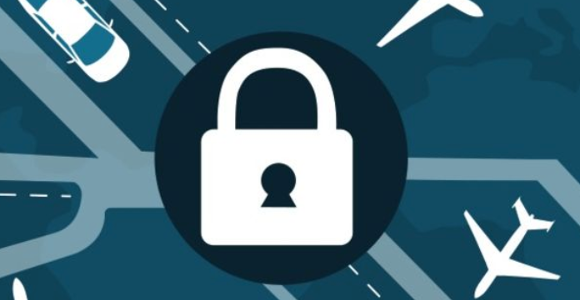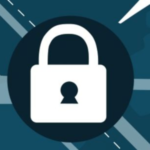If you are a regular online shopper, you might be surprised to hear that, according to research by OptinMonster, only 69% of the American population has used the Internet to purchase any goods. That means 31% of the U.S. has never bought anything online. The same data by OptinMonster shows that, by 2023, the number of online shoppers will increase to 91% of the country.
If you are part of the group that has never bought anything online, you might want to get your first item soon. There are many benefits to online shopping: the possibility of finding the best prices, faster shipping, and even returns are easy and fast. But that doesn’t mean Internet shopping has no risks. Sometimes you might buy something and not receive the goods, or you might fall victim to phishing and ransomware, or you could suffer from credit card fraud.
To make sure you’re as safe as possible, you can find tips and tricks to guarantee a good, positive experience. To start, you can use Google to find the products you want to buy. There are going to be several possibilities available, and to make sure you find the best option, you can follow the steps listed below.
1. Whether it is your first or umpteenth time buying online goods, stick to trusted websites and marketplaces. Amazon, for example, is a good place to start, just like Target, Walmart, Best Buy, and Home Depot.
2. Only buy from websites and marketplaces that offer a secure sockets layer. You can know if it is secure to buy from that website by searching for the padlock icon that will accompany the website’s URL address.
3. Do not give websites unnecessary information. If someone asks for your Social Security Number and asks for you to pay using a credit card, run. By having both numbers, anyone will be able to clone your credit cards and make purchases in your name. To guarantee you are safe, remember to check your credit card statements as often as you can.
4. Only make purchases when using a safe terminal. It can be your personal computer or your phone. If you use a public terminal to buy goods from the Internet, you are at risk of anyone stealing your information and cloning your credit card. Be safe and err on the side of caution.
5. To protect yourself against most phishing attempts as well as malware and ransomware, keep an antivirus program on your computer. Be sure to keep it updated, too, and you should be safe to go online shopping.
As an added layer of security, you can create strong–and different–passwords for each online retailer you make purchases from. If one of your accounts happen to be compromised, at least all your other ones will be safe. In the end, if something happens, you have the right to be loud about it. Report bad experiences to the Federal Trade Commission and your state’s attorney general.
There is no way to guarantee you will always be 100% safe, but if you follow the tips and tricks shown in this article, you will maximize your chances of becoming a happy online shopper.

